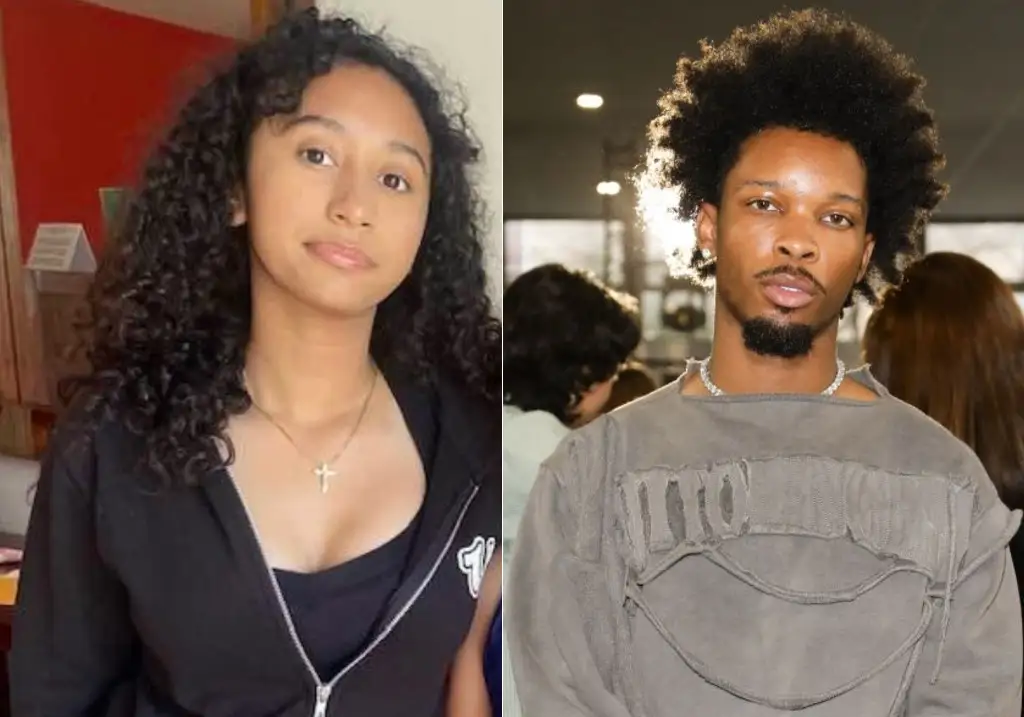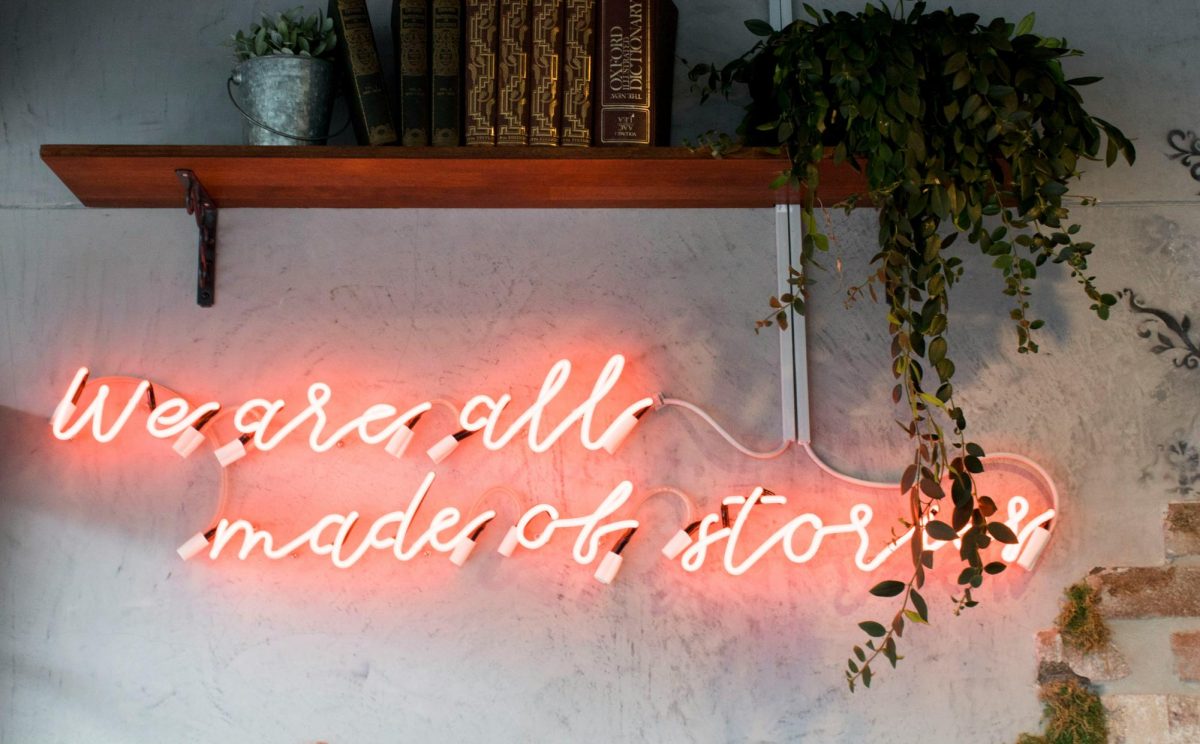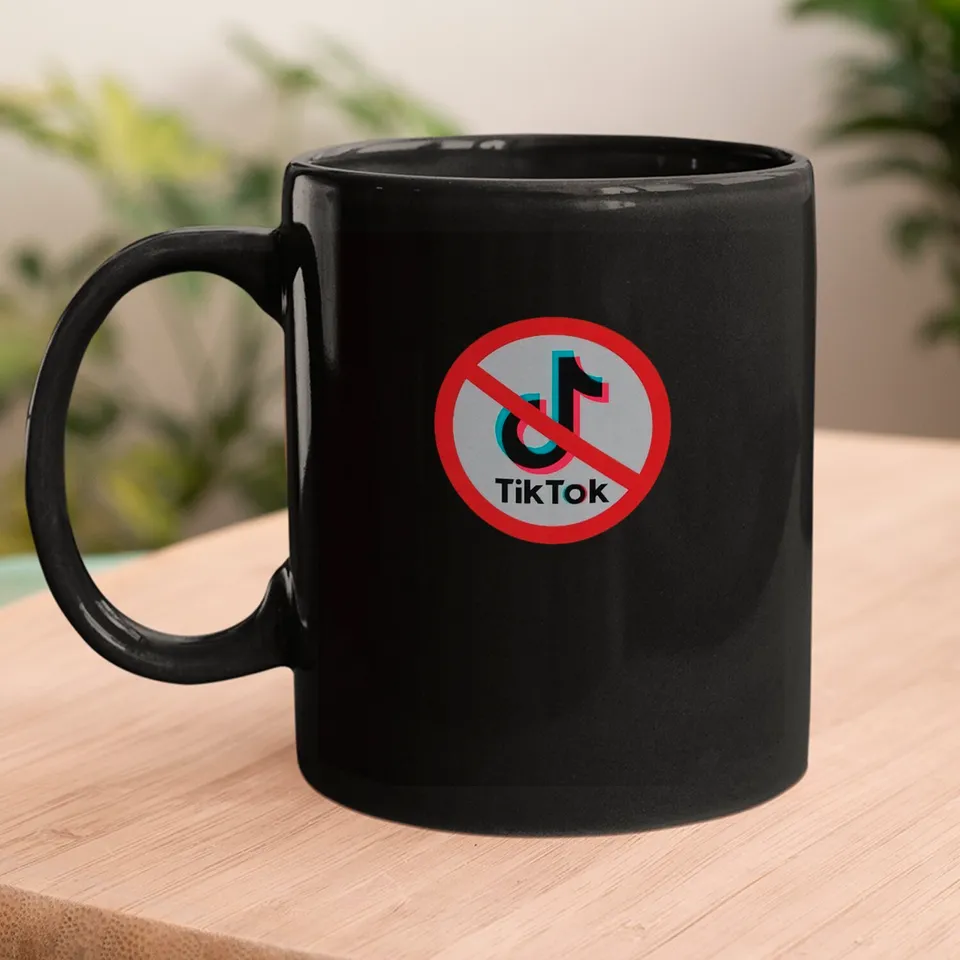On Wednesday, March 13th, the House passed a bill that would force a sale or ban the popular social media app TikTok. The app has been a constant in many American’s lives in recent years. Since the app’s rise in popularity in the US, there have been many threats of it being banned due to the potential of a security risk from China as Tiktok’s parent company, ByteDance, is a Chinese-owned company. While the previous instances have all been ineffective, there is a real chance the app may face a ban or a forced sale this time. The bill leaves ByteDance with around five months to sell TikTok to an American-based company. If the app is not sold in that timeline, then the app will be prohibited from being available on app stores. TikTok is already not permitted to be downloaded on military personnel and government devices due to the possible security risk. This policy has been in effect since January 2020.
Immediately after the House passed the bill, outrage ensued. The decision to pass the bill has been controversial as some people agree because of security issues and the fact that plenty of misinformation is being spread on the app. However, others think that the bill goes against the First Amendment and banning the app would create economic chaos throughout the country due to the number of individuals making significant profits off the app.
Freshman Elija Railey says, “ I don’t think it violates the First Amendment because they could be collecting our information,”. Railey’s statement contradicts the argument that the government is breaking the First Amendment because the government has the right to eliminate something they deem a threat. Last year, a former DanceByte employee said that the CCP used user data for political reasons. TikTok disagrees with the statement and claims that American user data is held only on U.S. soil. It is not fully confirmed whether TikTok poses a security risk, but the government likely wants to play it safe. It is also true that there is plenty of false information and fearmongering content on the app but, as opponents to the bill point out, fear mongering and the spread of information is more prevalent on other social media apps, especially those owned by Meta.
Freshman at Liberty High School Markel Marmolejos said, “I think it’s better if TikTok is banned so we’re not distracted on our phones all the time.” Marmolejos’ opinion makes sense because many people go on TikTok whenever they are bored.
Banning TikTok is controversial because many influencers need it to keep their income flowing. The app is also used as a tool for businesses and companies to advertise and grow. In addition, with the inception of the TikTok shop, many individuals have been about to create additional revenue streams for their products.
If DanceByte does sell Tiktok, it is too early to know who will buy it. There has been some speculation on who. Other big media companies could buy it but none has yet to speak out about it. Kevin O’Leary from Shark Tank said that he would buy the app himself. He says that he will reform it into a new U.S. company. However, O’Leary thinks that TikTok is not worth as much as it previously once was. Finally, the former Treasury Secretary Steven Mnuchin showed interest in forming a group full of investors to purchase the app.
TikTok has been trying to hold its ground by calling out the government for taking away American’s First Amendment rights. They have a campaign that tells TikTok users to call representatives and urge a vote against the bill. Due to the recent uproar, the Senate has backtracked on their support of the bill and it is currently waiting to be brought to the Senate floor for a vote.
















